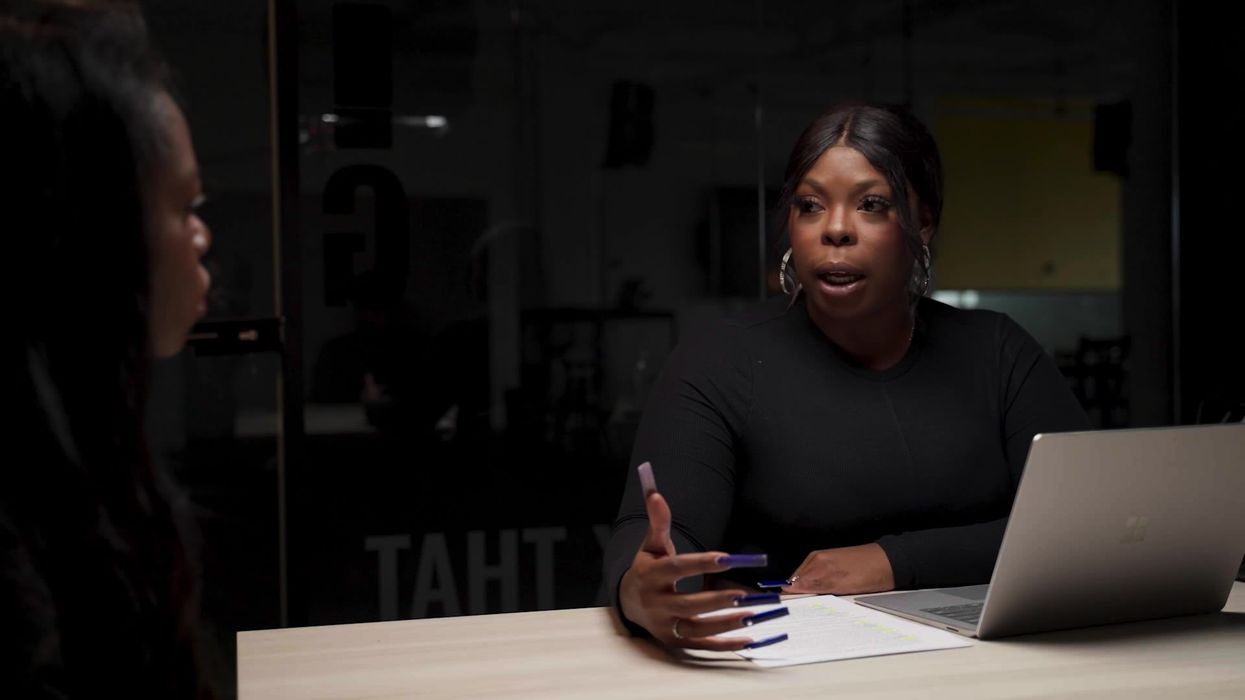
5 Foolproof Tips For Leaving Your Comfort Zone Once And For All
Life is nice and easy when it's inside your comfort zone. If you're not trying anything new, then there's nothing to stress about, right? You feign being "too busy" just to avoid dealing with things you're not familiar with.

Leaving your comfort zone is hard because, by definition, you will be uncomfortable. No one wants that. However, the idea isn't to always live uncomfortably but to expand your comfort zone to include the things you've always wished you could do.
This happens one step at a time, gradually pushing your boundaries and opening yourself to new experiences. Once you manage to break out of your routine, you'll open the door to a much more fulfilling life, unique professional opportunities, and personal growth. Here's how.
1. Start small
There's an African proverb that says, "If you wish to move mountains tomorrow, you must start by lifting stones today."
Everyone starts at zero. Even Elon Musk was clueless before he picked up his first book. (By the way, you might want to check Elon Musk's #1 tactic for overcoming the fear of failure.)
Kick off your journey by learning a new language, taking a different route home, or ordering something new at your usual restaurant. This will ease you into exploring new experiences and make it easier to tackle bigger challenges further down the road. If you need some help revving yourself up, take a look at what Tom Bilyeu says is the key to motivating yourself.
2. Change the outside to influence the inside
Have you ever felt "different" after getting a new haircut or putting on a really nice outfit? It's no secret that how you look can influence how you feel. So take advantage of this mental trick and change your external world to influence your internal state.
This can mean getting a new look, trying a new recipe, reorganizing your home, or going out with a different set of friends. Everything around us can make or break our own success, so if you're having trouble convincing yourself to change, start with what's around you and watch yourself change with it.
3. Make snap decisions
Sometimes the build-up to something is more stressful than the actual event. Don't let yourself ponder and overthink before you do something new. If you're in the car and have an hour to spare, stop somewhere spontaneously and try something new. When texting a friend, ask if they're free to go somewhere later.
For many people, doing things on the fly is the best way to get things done. It forces you to "just do it". And nothing beats that feeling of pride and exhilaration after the fact.
(If self-doubt is what's stopping you from making any sort of decision, take a look at how the world’s most successful people eliminate self-doubt for some tips.)
4. Research what scares you
Sometimes we simply fear things because we don't understand them (like taxes). So one trick is to research what you want to do to give yourself a sense of familiarity. If it's skydiving, look up all the best schools and reviews. Watch videos of other people doing it and ask your friends if they've done it before.
You may find yourself even more excited to try it once you've seen how much everyone else enjoys it. You'll also feel a lot more prepared to face the challenge. To quote Linda Zander from Forbes: Research breeds knowledge, and knowledge breeds confidence.
5. Get an adventure buddy
Everything is easier when you have someone to support and guide you. This is especially true when you're attempting new things outside of your comfort zone that scare you.
Find a friend or poke someone online about how they managed to step out of their own comfort zone. Another option is to buddy up with someone who also wants to push their boundaries so you can do it together.
If you'd rather do it alone, all the more power to you. Just remember that it's okay to fail and retreat once in a while. What matters is that you get back out there and try again.
Whenever you feel uncomfortable, instead of retreating back into your old comfort zone, pat yourself on the back and say, “I must be growing,” and continue moving forward.– T. Harv Eker
































